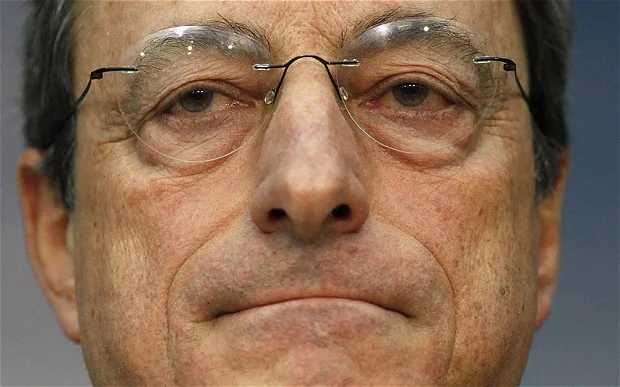The Vice President met the Committee on Economic and Monetary Affairs for the last time before the end of the parliamentary term. “We have never exceeded our mandate. For countries with high debt, fiscal consolidation is unavoidable”
In 2013, the European Central Bank has worked to safeguard price stability, in respect of its tasks and within its mandate, and if necessary, it will maintain this approach. In addition, the ECB will act to cope effectively with the risks of a too prolonged period of low inflation if needed, said the ECB Vice President, Vítor Constâncio during a hearing at the Committee on Economic and Monetary Affairs of the European Parliament, the last meeting before the May elections. Constâncio presented the ECB Annual Report 2013 to the Committee: “In November we lowered interest rates given the overall subdued outlook for inflation extending into the medium term,” said Constâncio; “Following this decision, rates stand at 0.25% for the main refinancing rate, 0.00% for the rate on the deposit facility and 0.75% for the rate on the marginal lending facility.” As explained in other occasions by Mario Draghi, President of the ECB, Frankfurt wanted to support the euro zone economy with monetary accommodation, which the ECB is maintaining. The ECB is resolute in its “determination to maintain a high degree of monetary accommodation, given expectations of a prolonged period of low inflation.” In the worst hypothesis, the ECB is “ready to act swiftly” and is committed “to using also unconventional instruments within our mandate to cope effectively with the risks of a too prolonged period of low inflation.”
Constâncio did not want to underestimate the fragility of the current situation. Notwithstanding “projections indicating a scenario of growing inflation, and a rate of 1.7% at the end of 2016, close to 2%,” it is necessary to keep in mind that “we are living a serious situation; low inflation can have negative effects especially on countries with high public debt.” At the ECB “we are aware of the risks connected to an inflation close to zero or with negative value,” it can “represent a grave problem that we are ready to face.” Euro zone countries could not – and cannot – avoid adjusting public accounts. Serious imbalances and record public debt affect several countries, which Constâncio did not mention, yet we know Italy is on the list: “Countries with high public debt have no alternative to fiscal consolidation. The existing debt must be reduced.”
The Vice President of the ECB wanted to give a message to anyone saying the Central Bank operated in breach of its aims. “We did less ‘extraordinary’ things, compared with other Central Banks,” he said. In 2013, and not only in the previous years, the Bank has worked to relieve the pressure on the euro area countries: this activity “is now working and we are not using any exceptional mandate.” In Frankfurt, “we have choices to be taken within our mandate.”
Lastly, Constâncio reminded how the ECB has participated the debate about the Banking Union. Welcoming the political deal reached between the Council and the Parliament on the Single Resolution Mechanism, he underlined the historical agreement: “By putting in place and finalising legislative and practical steps towards banking union, 2013 marked a quantum leap in European integration. It is of the utmost importance to maintain this momentum and to continue with the rapid adoption of a number of pending legislative proposals: the proposed regulation on indices used as benchmarks in financial instruments and financial contracts, the regulatory reforms of shadow banking, and the structural reform of the EU banking sector.”
Renato Giannetti









